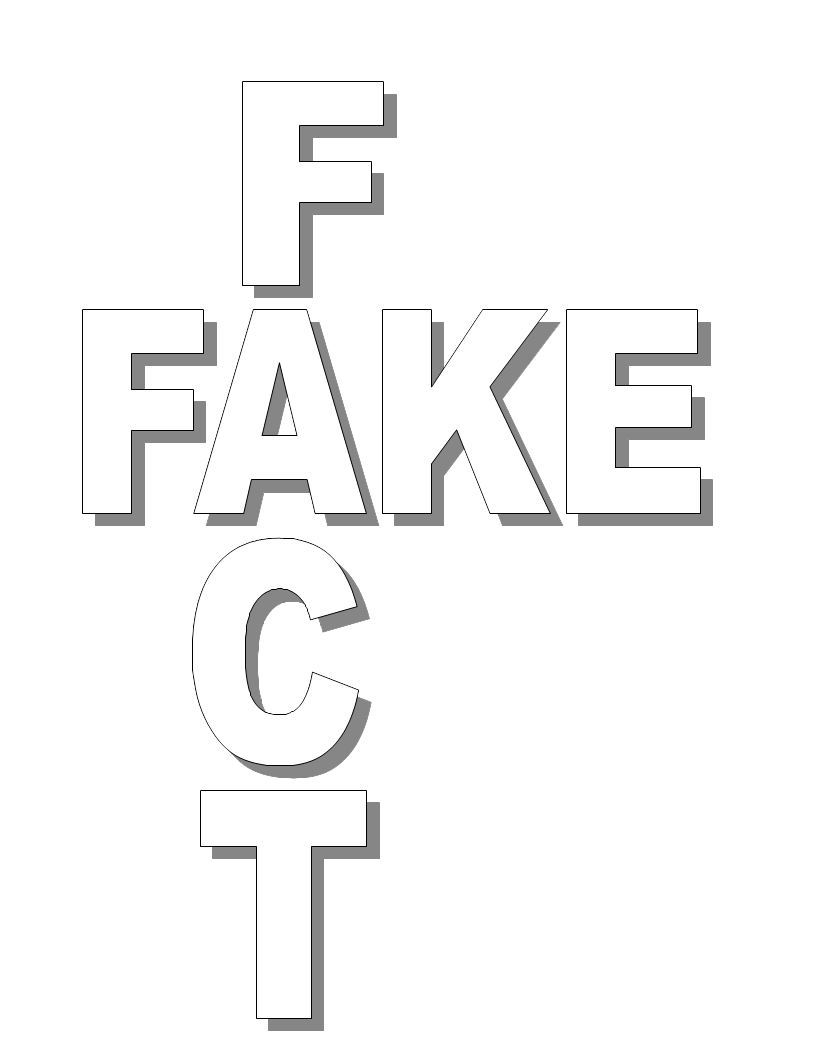Recently I was writing an article about a subject I was passionate about and looking for information to back up my hypothesis. I found a great resource and quoted it in my article. When referencing that article, however, I discovered it was from a publication intended for naturopaths. Obviously, I elected not to use the article. I even (possibly temporarily) abandoned my hypothesis and moved on to other issues.
However, this incident has stuck with me because of how easy it is to find information online that supports a position. Non-science-based publications look and feel very legitimate. However, it is this air of legitimacy that causes the circulation of bad ideas. Our willingness to believe things that sound reasonable often makes us complicit in the sharing of misinformation.
Provided one takes the time, there are many resources available to assist with fact-checking and avoiding being a part of the misinformation highway.
Fact-Checking Sites
Many of us use Snopes. I find it particularly helpful in debunking the diatribes I find on social media. The diatribes usually create outrage and support a worldview; for example, posts that claim outrageous public financial support for refugees or immigrants. Specifically, I have seen claims that the government gives more money to asylum seekers than to government retirees, which is not true in either Canada or the U.S.
Sometimes, however, people see something funny and share it innocently. For example, there is no concern about parachuting cows either in Arizona, or anywhere else in the world. While this type of misinformation seems quite innocent, it does undermine the credibility of the “sharer.”
If Snopes does not have information about a piece of information you receive, Norquest College Library lists a number of other sites that can help in fact-checking specific information, and provides great information on identifying fake news and finding real news.
Identifying Good Sources of Information
In my case, I almost shared information from a source that looked legitimate but was not. There are many unreliable sources of information like this. Even legitimate news sources may highlight news with a specific slant.
Our own CBC is known to be very left leaning. Before you print that information that makes people doubt you, Media Bias/Fact Check can provide information about the legitimacy and the leaning of your source. Admittedly the advertising on the site is itself misleading and quite annoying. However, if you can get beyond that, it is a great way to vet websites and publications.
Other Ways to Identify Misinformation
In March of 2018, Critical Links provided information about predatory journals. This information remains valid and is an important step in identifying misinformation. CFIC’s infograph “Is it Science?” will also assist in determining whether to believe what you are reading.
While some misinformation is shared specifically to generate income, much misinformation is spread innocently. It is compellingly easy to believe something that supports what we think and that looks and feels logical and real. However, carelessness in sharing information may cause critical thinkers to lose trust in anything you share, and, worse, create harm to innocent people who are being targeted by the misinformation.
This resource list is not exhaustive. If you have other ways of ensuring that information you share is legitimate, please tell us about them.



Snopes is a left-biased website.
But then, so is CFI.
May want to fact-check the fact-checkers.
facts hurt your fee-fees?